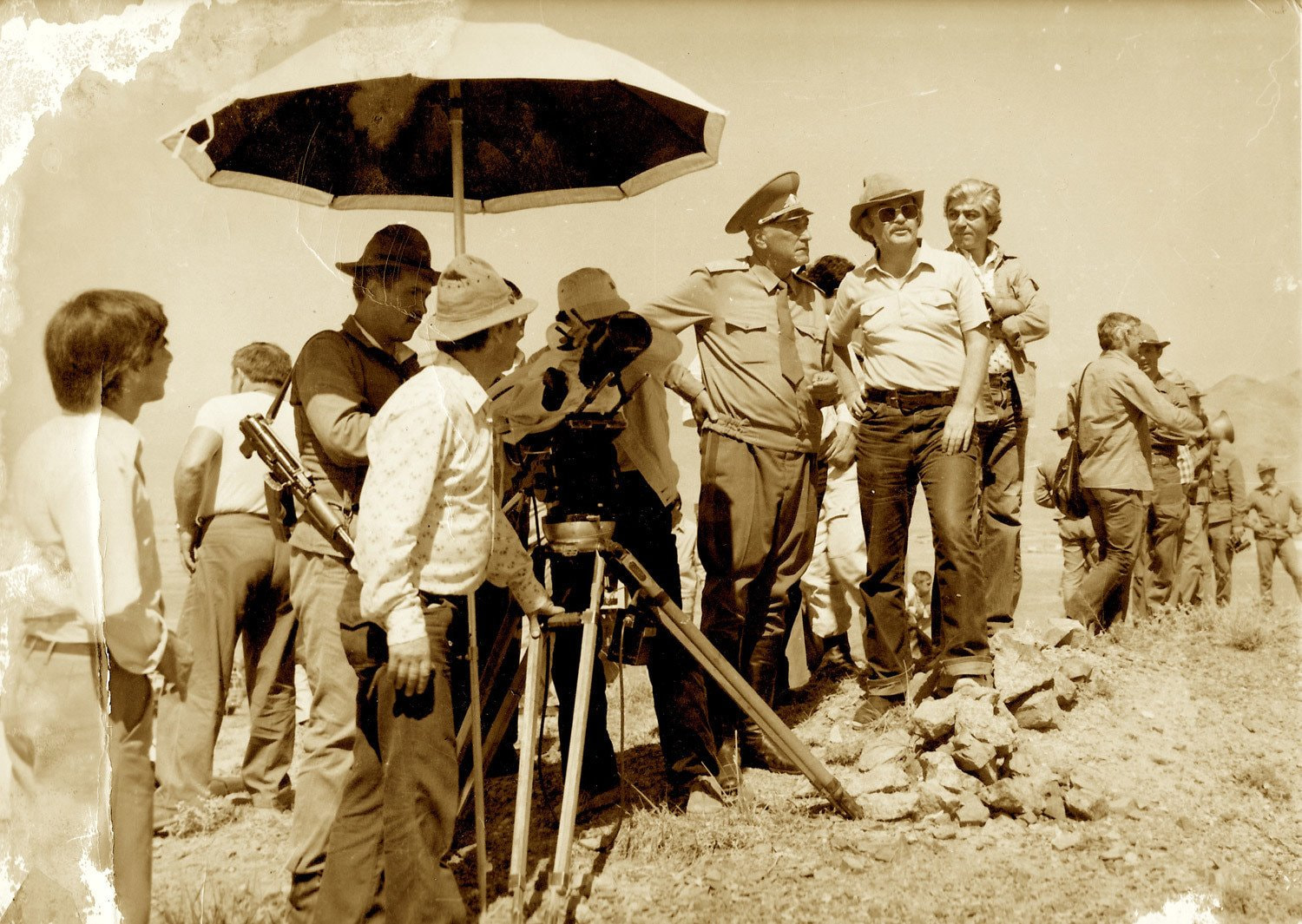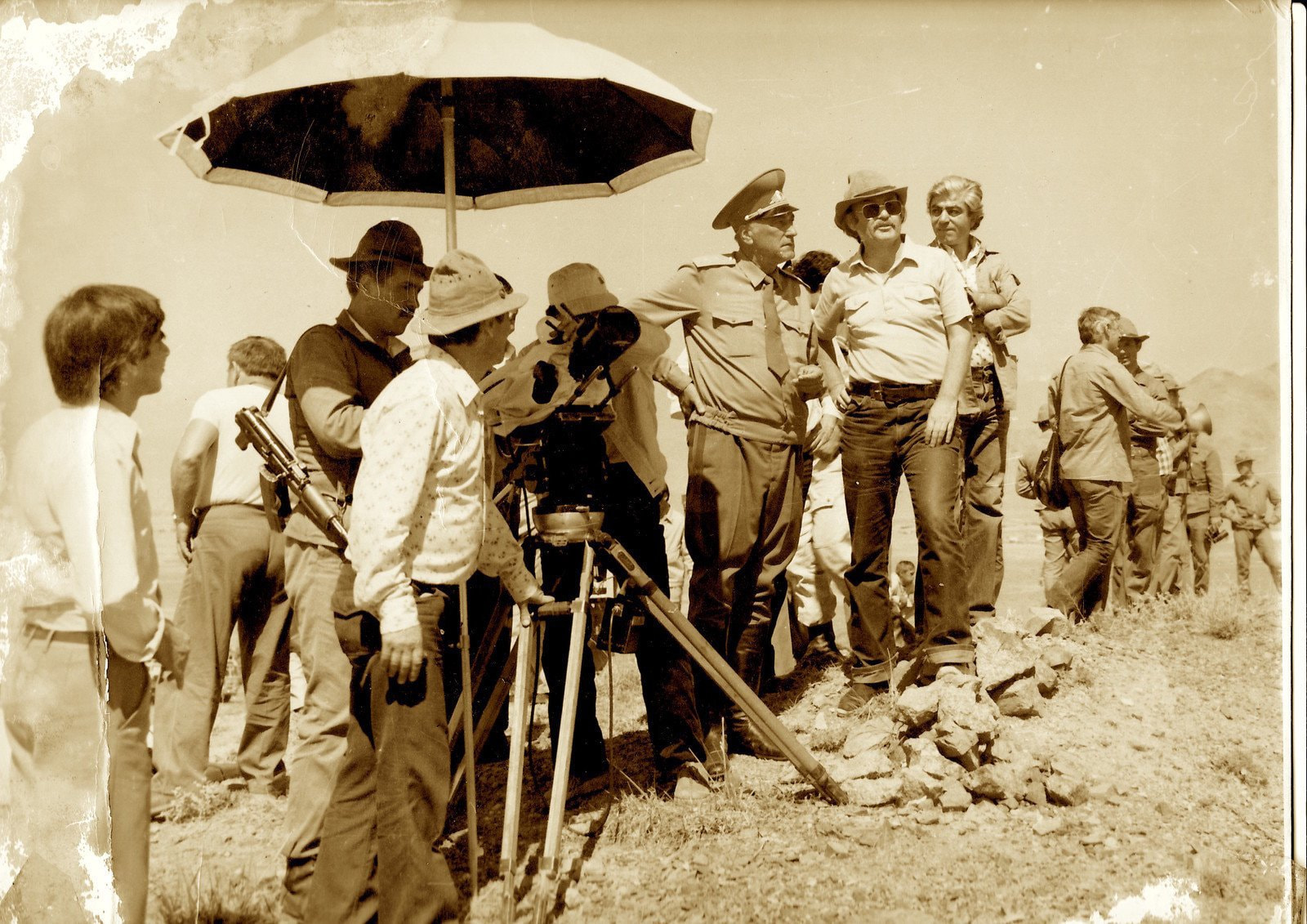The event is part of the Ghani’s research in Moscow focused on collecting cinematic material in order to explore how the Afghan war was constructed cinematically for the Soviet people, and how it was framed for the Afghan people—through cinematic methods influenced by Soviet filmmakers.
In a second public presentation at Garage of her long-term research, artist, filmmaker, and writer Mariam Ghani will team up with fellow filmmakers from Tajikistan and Uzbekistan to explore the common history of collaboration and mutual influence in film and culture alike, but also colonial violence, conflict and dislocation during the final decade of the Cold War as it was reflected in film productions of the region.
The event will feature talks and screenings of excerpts by renowned Uzbek filmmaker Ali Khamraev, filmmaker and human rights advocate Davlat Khudonazarov, and documentary filmmaker Orzumurod Sharipov, both from Tajikistan.
Ali Khamraev’s Hot Summer in Kabul, 1982, is the first Russian-Afghan collaboratively produced movie, shot on location in Kabul and Moscow. It was made in co-production with Afghanfilm (whose president at the time was Abdul Khalek Halil, whose unfinished film The Black Diamond, 1984, is the subject of Ghani’s inquiry and was screened in our previous event November 25), during the time of the Soviet invasion to bolster its Communist allies in the embattled country. Davlat Khudonazarov is not only one of the earliest Soviet filmmakers who went to make cinematic representations of its Southern neighbor (back in 1968), but is also esteemed as the founder of Tajik independent cinema. As someone who continues this cultural exchange while also portraying the surrounding conflictual enmeshment, Orzumurod Sharipov portrays in his documentary approach, civil war refugees at a time of continuing displacement. His 11,000 km from New York, 2005, witnesses trans-border cooperation and the fate of refugees to the North and South of the border line.

